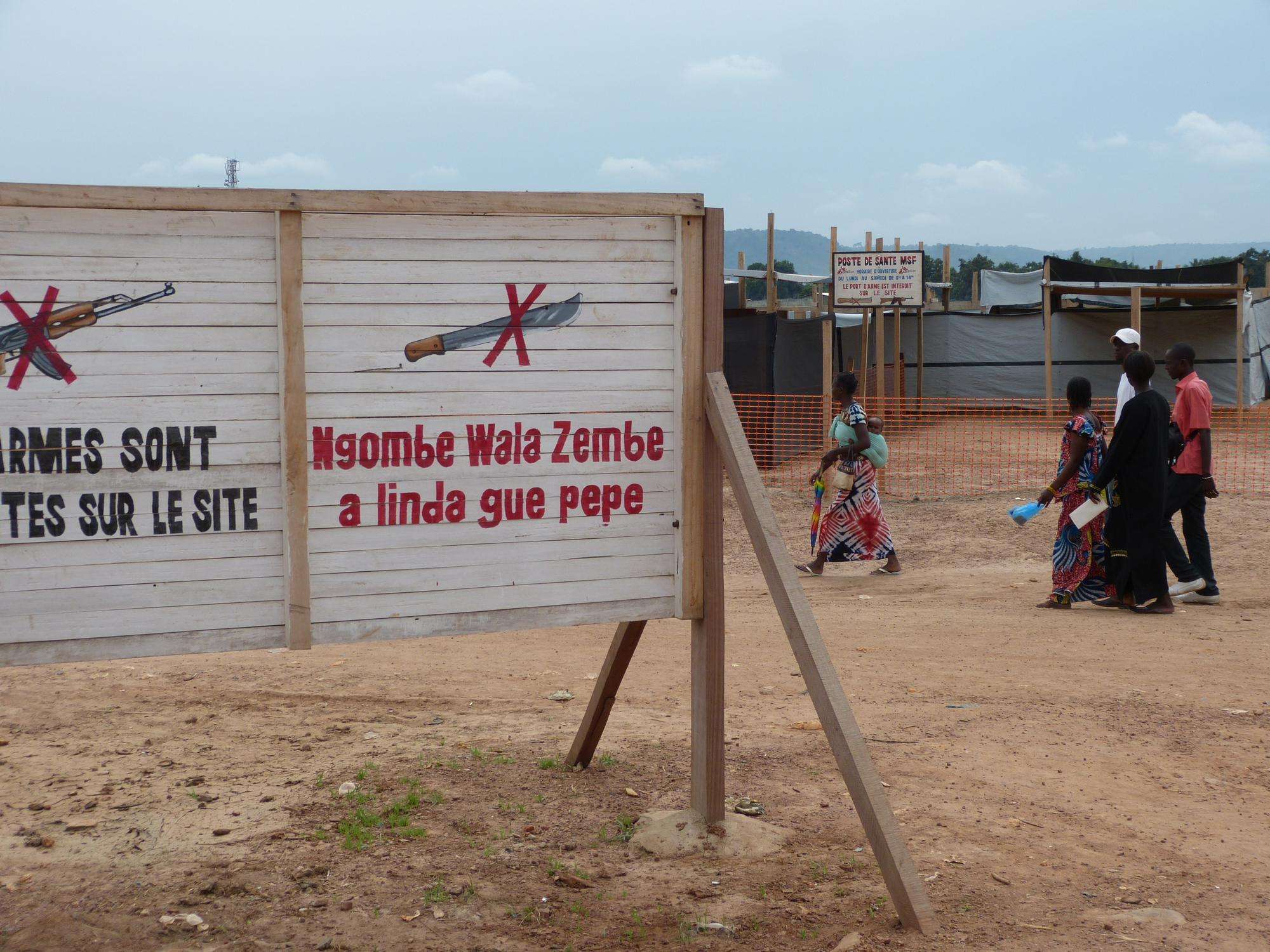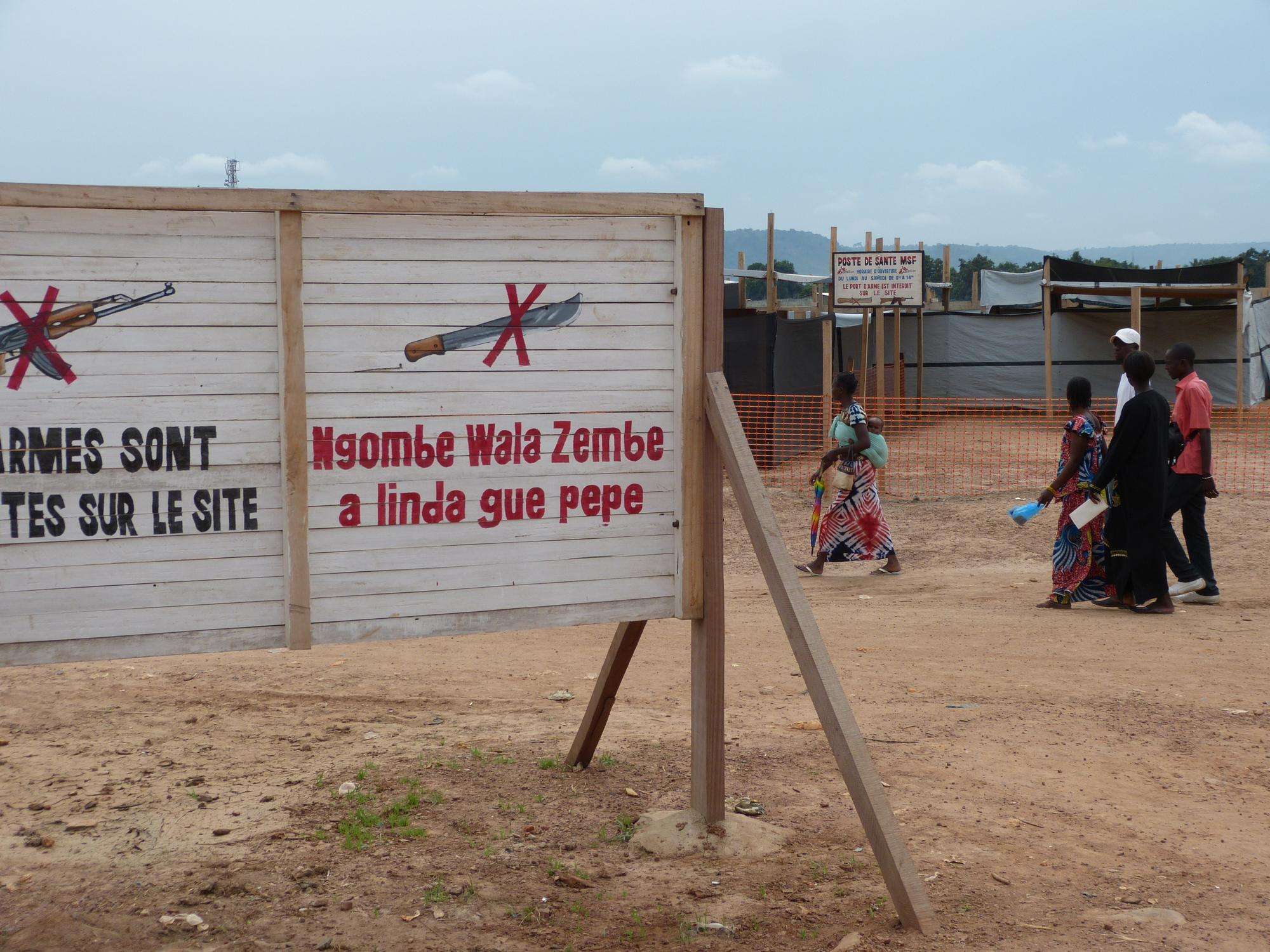Thousands of Displaced Exposed and Vulnerable to Disease in Ouaka Region
AMSTERDAM/BANGUI, JUNE 16, 2014 – Organized, systematic violence against civilians in the Ouaka region of the Central African Republic (CAR) has killed scores of people, including some reportedly burned alive in their homes, and has displaced thousands, cutting them off from life-saving medical care, the international medical humanitarian organization Doctors Without Borders/ Médecins Sans Frontières (MSF) said today.
The violence is unfolding in the Grimari and Bambari Provinces of Ouaka, with the most recent attack occurring June 10 in the village of Liwa, just 10 kilometers from where international military forces are located. At least 12 people were killed in the attack and 160 houses were completely destroyed. MSF calls on all armed parties to halt attacks on civilians.
“Over the last six weeks our teams on the ground have witnessed the systematic use of retaliatory violence against entire villages, resulting in killings and ongoing displacement of thousands of people,” said MSF project coordinator, Luigi Pandolfi. “During the medical consultations and evacuation of wounded people from Liwa, I saw the dead bodies of three adults and one child who had been burned in their houses during the attack,” he said.
According to villagers’ reports, the civilians had been burned alive.
Over recent weeks a number of villages, including Bakala, Yabita and Lakanja in Grimari and Bambari, have been partially or completely burned down, leaving civilians no choice but to flee to the bush after losing most of their household goods, farming tools, and seeds.
MSF alone has treated 97 people injured over the past two months, amidst ongoing attacks against civilians in the Ouaka region. Many of the war-wounded travel more than 24 hours to reach the MSF clinic in the area. Since MSF is present in only one part of the region, it is likely many of the injured will succumb to their wounds.
The massive displacement of terrified civilians increases their vulnerability to disease.
“Malaria is the leading cause of death, with more than 71 percent of our patients testing positive for malaria because displaced people are living outdoors in the forest and the rainy season has started,” said Pandolfi.
MSF has been working in the Ouaka region since April 2014. To date, MSF has provided more than 1,000 basic health care consultations via mobile clinics for displaced people and has assisted 97 war-wounded people.
MSF has been working in CAR since 1997. Currently, MSF has more than 300 international staff and more than 2,000 Central Africans working in the country. Since the latest crisis began in December 2013, MSF has doubled its level of medical assistance from 10-21 projects, in addition to six projects to assist Central African refugees in neighboring Chad, Cameroon and the Democratic Republic of Congo.





